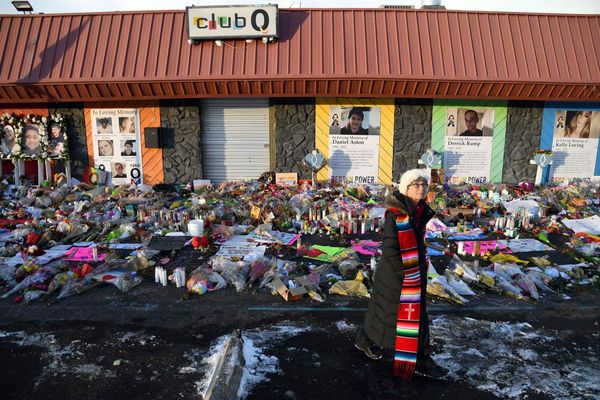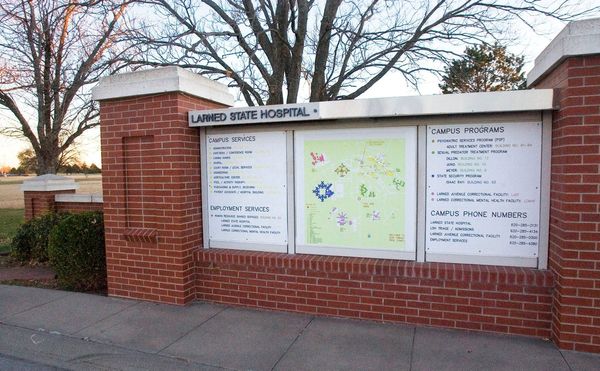
March 4 2024 has been set as the date for the case of The United States of America v Donald J Trump, which concerns his alleged involvement in attempting to overturn the results of the 2020 US election. It’s the first of three trials the former US president has scheduled for next year, and potentially the most serious. Trump’s legal team had argued the trial should not start before April 2026, citing a “huge volume of evidence” to review and a “novel and unprecedented prosecution” for which they had to prepare.
But, of course, it can’t have escaped their notice that 2024 is the year US citizens next go to the polls to decide their next president, and Trump is once again comfortably leading the field as the preferred Republican nominee.
“I want to note here that setting a trial date does not depend and should not depend on the defendant’s personal or professional obligations,” Judge Tanya Chutkan said in setting the date.
Here’s a quick look at what could end up being a fairly crowded schedule for the only US president in history with an official mug shot.
January and February
Over the early months of 2024, there will likely be Republican caucuses in six states. These will kick off on January 15 in Iowa, where the Republican Party is dominated by evangelical Christians who plumped for Ted Cruz in 2016 but have, as many in the evangelical right have, now swung to Trump. In February, Nevada, New Hampshire, Michigan and Idaho will follow.
The Ides of March
The first week of March is when things get really hectic.
On the 3rd, the day before Trump’s trial is scheduled to start, is the District of Columbia primary, which probably won’t unduly bother Trump — the tiny Washington DC electorate has never once allocated its measly three electoral votes to a Republican, so his performance there will hardly portend the general mood of the party base.
However, the second day of his trial will coincide with March 5, Super Tuesday. Super Tuesday, when 14 Republican primaries will be held and roughly a third of the delegates in the Republican primary are up for grabs, has been the biggest bone of contention regarding the setting of the trial date. Ohio Senator and Aldi-Trump JD Vance called it “Straight up election interference”.
But there is some debate about whether any of this really matters. Trump hardly has to improve his brand recognition — he’s already saved himself some time by opting to skip all the primary debates — and if he can comfortably win in Iowa and New Hampshire (and the current polling says he will), he may not need to blitz Super Tuesday at all. Plus, the trial will likely give Trump plenty of material to animate the conspiratorial element in his base.
“He’s kind of a two-rallies-a-week type of guy anyway,” Rob Stutzman, a California-based GOP strategist, told US network ABC. “And you’ll have scenarios where he walks out of court at five o’clock and gets on the jet, and there’s a 7:30 rally in western Pennsylvania. That’s what he’ll do is talk about his day in court, being persecuted all day. He’ll still pop up on a rally stage in the evening.”
A week after Super Tuesday, Mississippi, Washington and Georgia will hold their Republican primaries. In Fulton County, Georgia, Trump is facing a racketeering charge over attempts to overturn the will of the state’s voters in the 2020 election. In that state, Trump currently leads Ron DeSantis, his closest rival for the nomination, 40% to 32%.
On March 25, the trial for The People of the State of New York v Donald J Trump, which relates to hush money payments Trump’s campaign made to adult film star Stormy Daniels in the lead-up to the 2016 election, is scheduled to start.
By this time, Trump, who once declared he could openly murder someone and not lose a single vote, may well have secured the nomination to be the Republican Party candidate for president.







